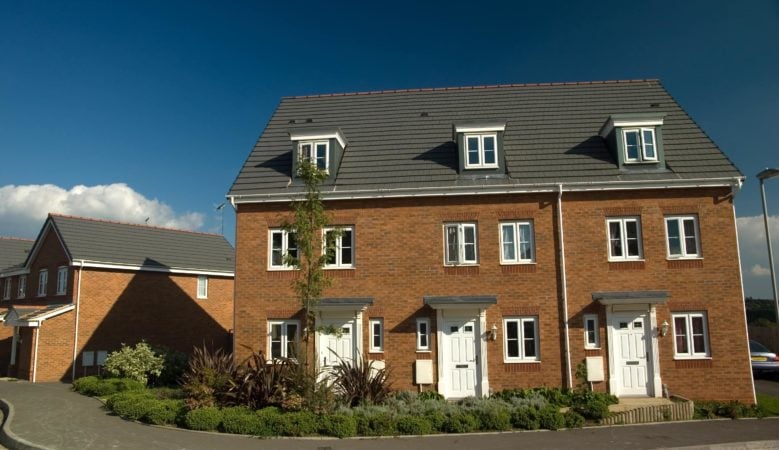Poll suggests a lack of knowledge about shared ownership in the UK

A shared ownership scheme was launched by the British Government five years ago with the aim of helping more people onto the property ladder but new research suggests there is a lack of knowledge about it.
The survey report from credit experts TotallyMoney questions if it is indeed a viable way to help those who want to get their foot on the housing ladder.
It found that there is a high level of confusion surrounding the scheme, particularly amongst 18 to 24 year olds, the very group it was designed to help, with just 18% knowing what the shared ownership scheme is.
It also says that only 19% of property buyers in the last 10 years have used a Government buying scheme to secure their property, with a smaller 6% having used the Government’s shared ownership scheme.
And some 80% of first time buyers who purchased through the Government’s shared ownership scheme didn’t know what ‘leasehold’ meant.
Amongst those surveyed, the results revealed that the British public’s lack of knowledge on the shared ownership scheme is deterring them from using it to their benefit.
In addition, once presented with the correct definition of the Shared Ownership scheme, 38% of first time buyers would still not consider buying through the shared ownership scheme. When questioned as to why this was the case, 35% stated that fear over hidden additional fees would deter them from utilising the scheme.
‘With getting on the property ladder becoming increasingly difficult, and with this step being so important to many, it’s important to help people understand the schemes existing for first time buyers,’ said a spokesman.
Under the scheme first time buyers, people who used to own their home but can no longer afford to do and existing shared owners can buy a home under the scheme through Housing Associations.
They qualify if their household earns £80,000 a year or less, or £90,000 a year or less in London, and once they become an owner they can buy more shares, known as ‘stair casing’.
The cost of a new share will depend on how much your home is worth when you want to buy the share. It will cost more than your first share if property prices in your area have gone up and less than your first share if property prices in your area have gone down.
The housing association will get your property valued and let you know the cost of your new share. You’ll have to pay the valuer’s fee.
When it comes to selling, if you own a share of your home, the Housing Association has the right to buy it first. This is known as ‘first refusal’. The Housing Association also has the right to find a buyer for your home but if you own 100% of your home, you can sell it yourself.




